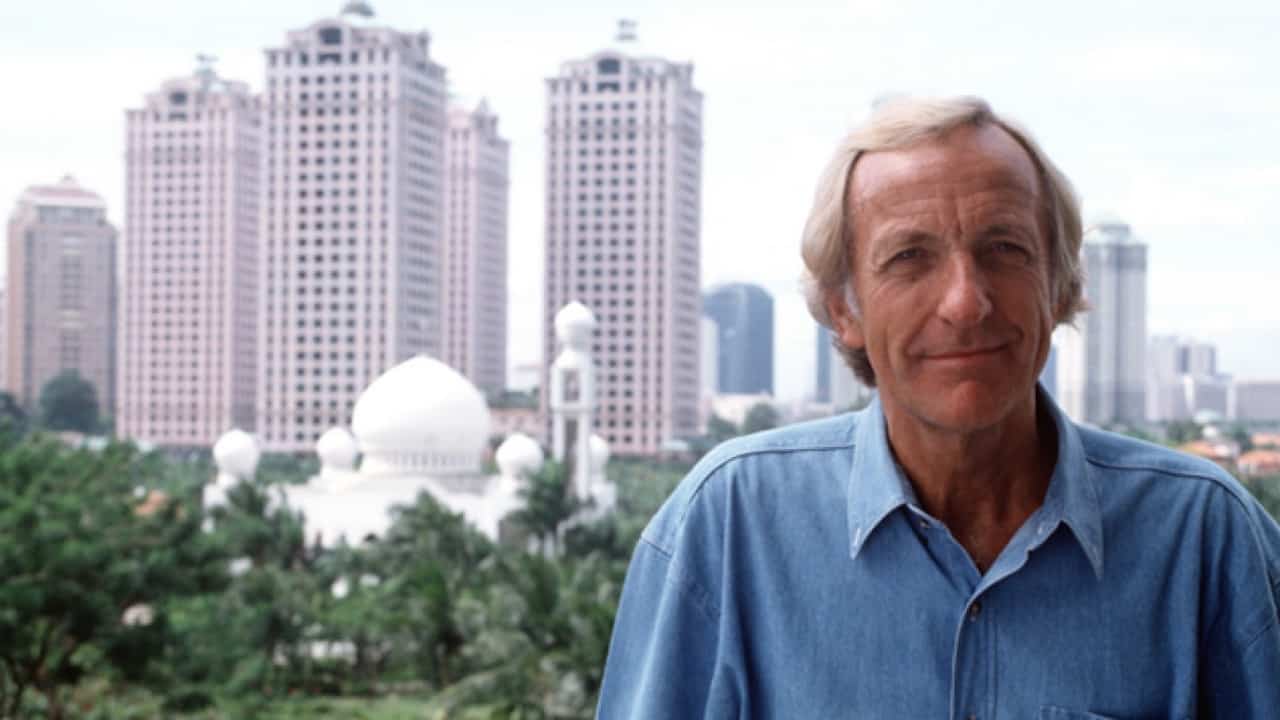The New Rulers Of The World
The New Rulers of the World presents John Pilger’s analysis of globalization and its impact on developing nations, with a particular focus on Indonesia. It showcases how multinational corporations, backed by Western governments and international financial institutions, have created a new form of economic imperialism that perpetuates poverty and inequality across the globe.
Pilger begins by highlighting the stark contrast between the immense wealth concentrated in the hands of a few individuals and corporations and the widespread poverty affecting billions worldwide. He points out that just 200 giant corporations dominate a quarter of the world’s economic activity, with some multinational companies having economies larger than entire countries.
The documentary then turns its attention to Indonesia, using it as a case study to illustrate the effects of globalization on developing nations. Pilger reveals how Western powers, particularly the United States, supported the rise of dictator General Suharto in the 1960s, leading to a bloody regime change that paved the way for Western economic interests to exploit Indonesia’s vast natural resources.
Through secret filming, Pilger exposes the harsh realities of sweatshop labor in Indonesia, where workers, mostly young women, endure grueling conditions to produce goods for famous Western brands. These products are then sold for prices up to 250 times higher than the wages paid to the workers, who earn as little as 72 pence a day.
The New Rulers of the World also scrutinizes the roles of international financial institutions such as the International Monetary Fund (IMF), World Bank, and World Trade Organization. Pilger argues that these organizations, rather than alleviating poverty, often impose economic policies that benefit Western corporations at the expense of local populations.
The documentary draws parallels between modern globalization and historical imperialism, suggesting that the methods of economic domination have evolved but the underlying principles remain the same. Pilger contends that the current global economic system continues to exploit poor countries, much like the colonial powers of the past.
Throughout the film, Pilger interviews key figures, including representatives from the IMF and World Bank, as well as activists and economists who provide alternative perspectives on globalization. These discussions offer insights into the complex web of political and economic relationships that shape the global economy.









